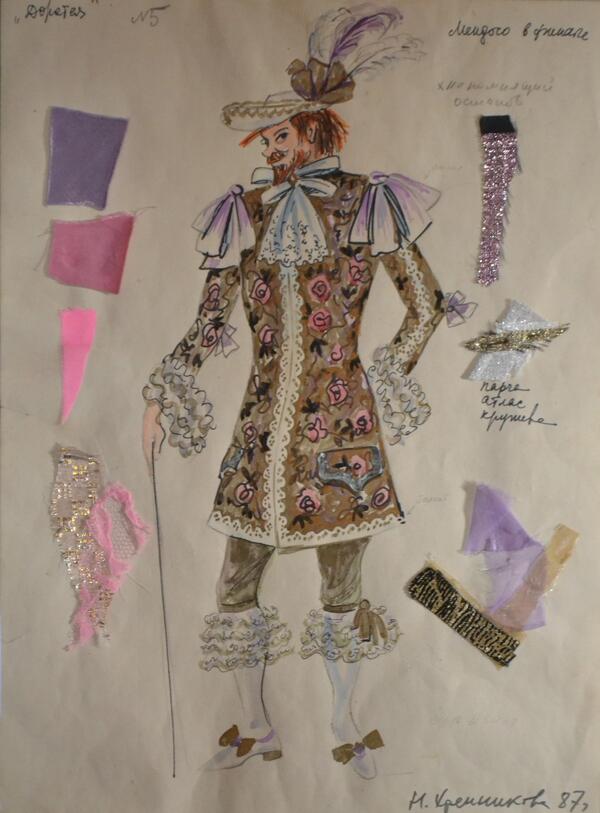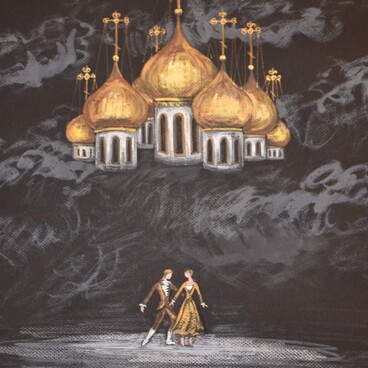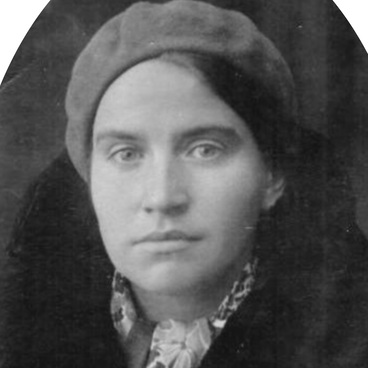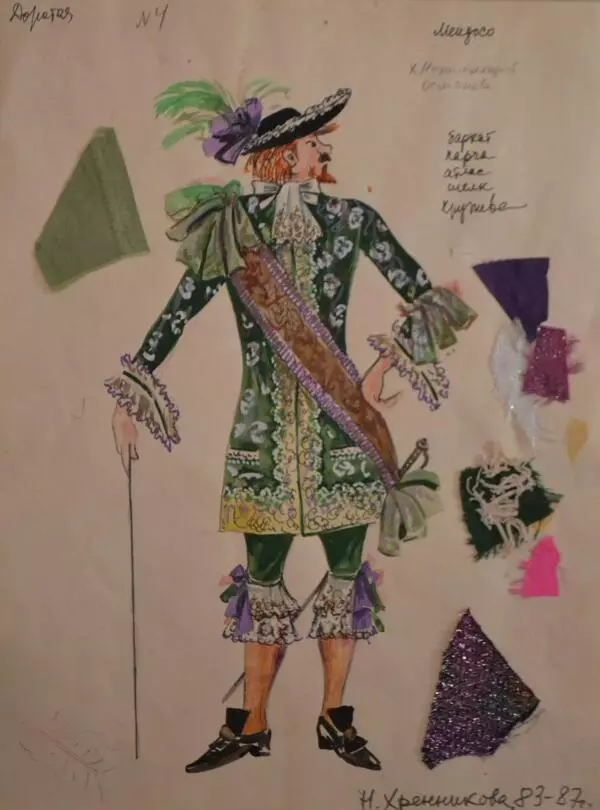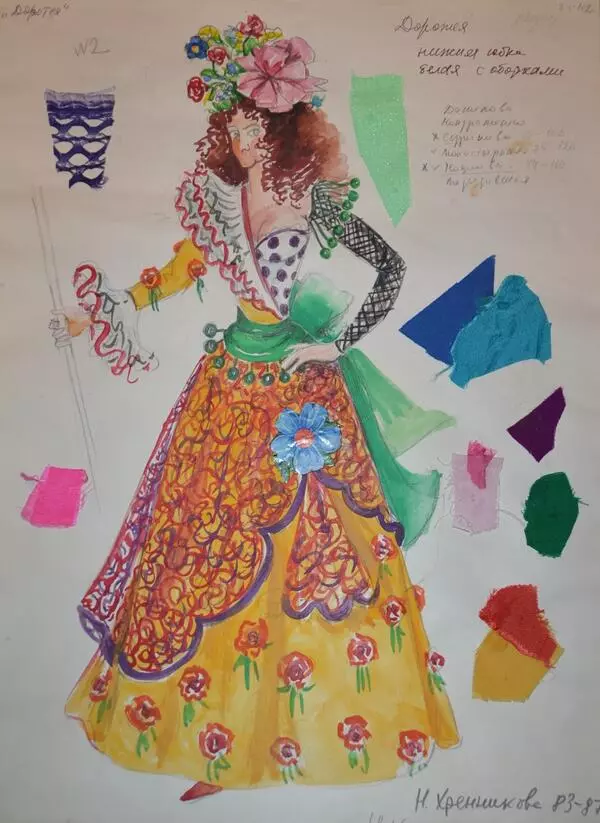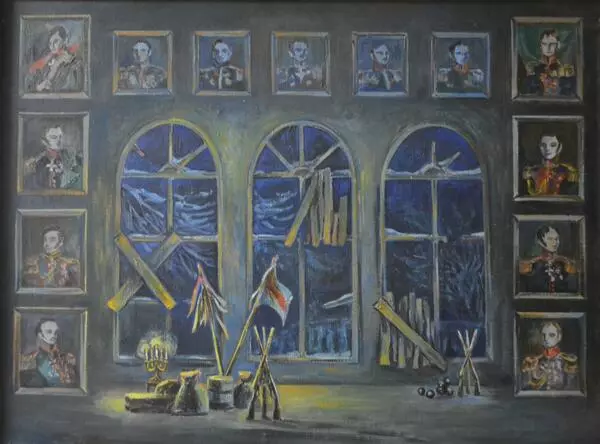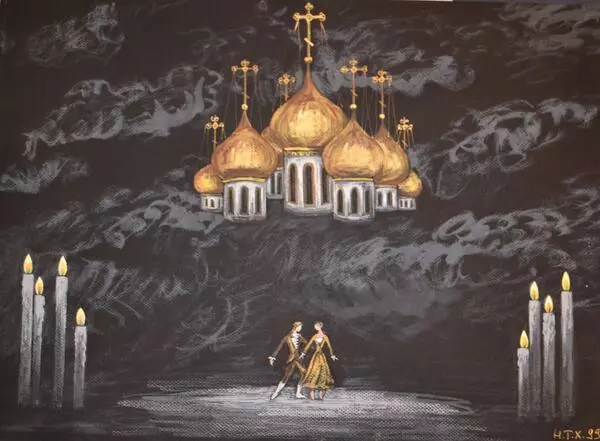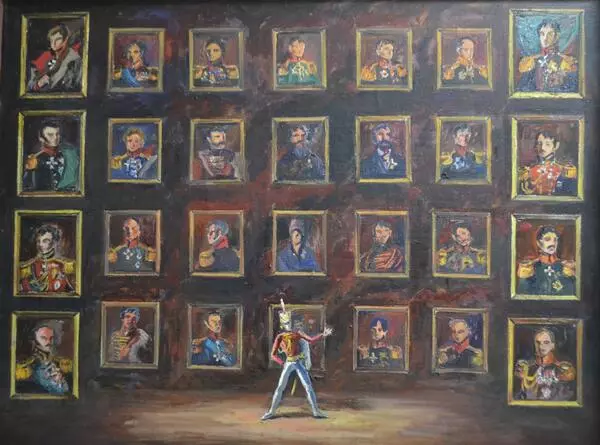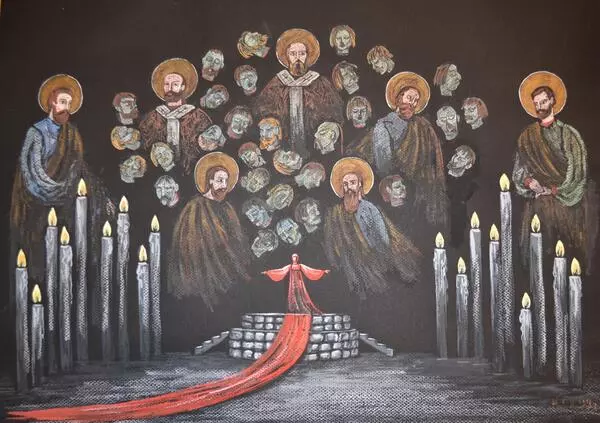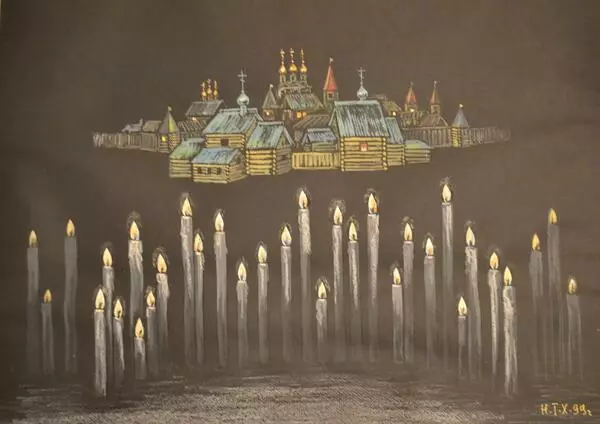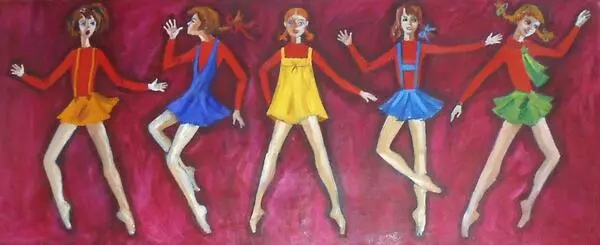Composer Tikhon Khrennikov wrote the comic opera Dorothea based on the 18th century English play Duenna. The premiere of the opera took place on the stage of the Musical Theater named after K.S. Stanislavsky and V.I. Nemirovich-Danchenko on May 26, 1983. The production was directed by Joakim Sharoev, and the theatre designer was Natalia Khrennikova, the composer’s daughter.
Khrennikov got acquainted with “Duenna” in 1978, when director Mikhail Grigoriev invited him to write music for the film of the same name. The film was released in 1979 and immediately fell in love with the audience. The composer decided to transfer the action to the theater stage. This is how Dorothea appeared.
The comic opera took place in Spain, in the town of Seville. According to the plot, the main character Dorothea was in love with a young man, but they could not be together — the girl promised to marry another man. The duenna Dorothea came to help the lovers. In Spanish, dueña means hostess, which was the name for an elderly woman who looked after a young unmarried girl. Dorothea “always patronized lovers” and called herself “a fan of tender passions”. She takes a desperate step: she helps her foster daughter escape from the parental home, and she pretends to be her senorita in front of her fiance Mendozo.
Confusion of places and names, disguises and abductions — all of this went unpunished. The opera has a happy end — the lovers stay together, and Dorothea falls in love with Mendozo’s old fiance. Unlike the play, in the opera he is not a cunning greedy merchant who thinks only of the bride’s dowry, but a funny, simple-minded fat man who is easily misled by the quick-witted duenna.
Since the opera is comic, the characters in it are caricature and ridiculous. First of all, Khrennikova expressed this idea in outfits. The sketch shows the costume of Mendozo, an elderly merchant. A cane in his right hand emphasized the hero’s age. He tried to look like a young nobleman, and therefore wore brightly colored clothes adorned with lace, ribbons and feathers. As a result, when he appeared on stage, it made the audience smile.
Khrennikov got acquainted with “Duenna” in 1978, when director Mikhail Grigoriev invited him to write music for the film of the same name. The film was released in 1979 and immediately fell in love with the audience. The composer decided to transfer the action to the theater stage. This is how Dorothea appeared.
The comic opera took place in Spain, in the town of Seville. According to the plot, the main character Dorothea was in love with a young man, but they could not be together — the girl promised to marry another man. The duenna Dorothea came to help the lovers. In Spanish, dueña means hostess, which was the name for an elderly woman who looked after a young unmarried girl. Dorothea “always patronized lovers” and called herself “a fan of tender passions”. She takes a desperate step: she helps her foster daughter escape from the parental home, and she pretends to be her senorita in front of her fiance Mendozo.
Confusion of places and names, disguises and abductions — all of this went unpunished. The opera has a happy end — the lovers stay together, and Dorothea falls in love with Mendozo’s old fiance. Unlike the play, in the opera he is not a cunning greedy merchant who thinks only of the bride’s dowry, but a funny, simple-minded fat man who is easily misled by the quick-witted duenna.
Since the opera is comic, the characters in it are caricature and ridiculous. First of all, Khrennikova expressed this idea in outfits. The sketch shows the costume of Mendozo, an elderly merchant. A cane in his right hand emphasized the hero’s age. He tried to look like a young nobleman, and therefore wore brightly colored clothes adorned with lace, ribbons and feathers. As a result, when he appeared on stage, it made the audience smile.

